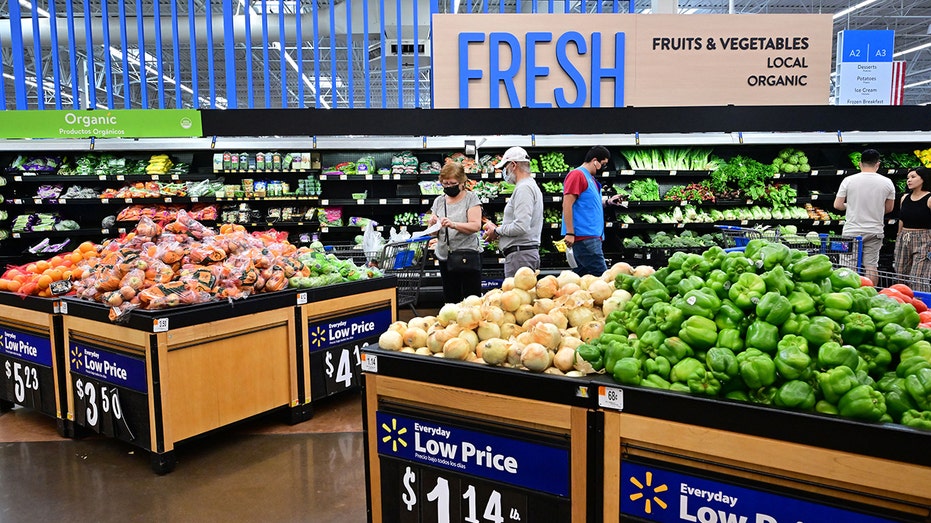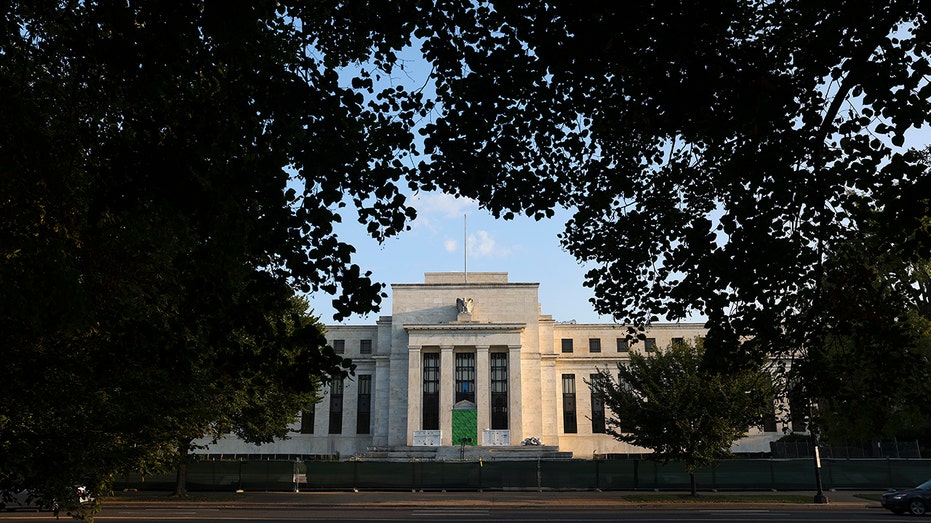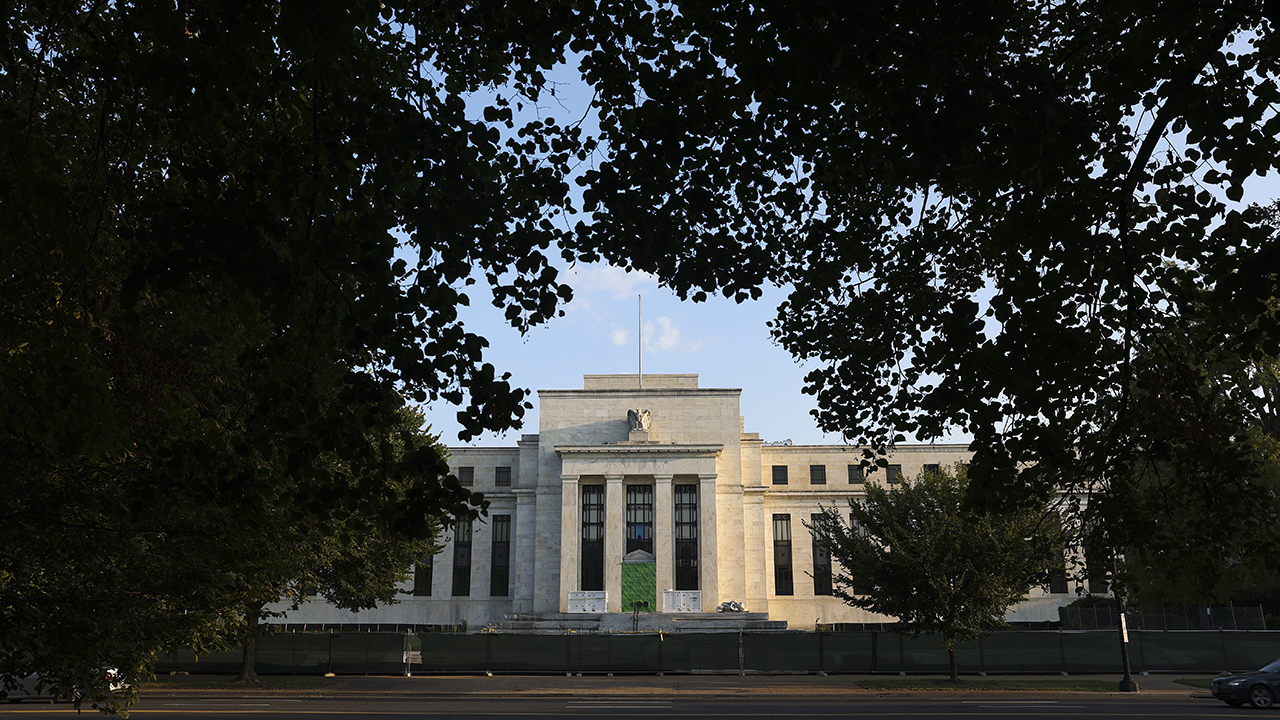Over-aggressive Fed risks triggering deeper recession, NABE survey shows
NABE survey shows respondents expect inflation to remain elevated
The Fed is making 'a very large mistake,' strategist warns
Colliers Securities chief global strategist Mark Grant argues the Federal Reserve should slow down rate hikes, but predicts it won't.
The biggest threat to the U.S. economy over the next year is an overly aggressive Federal Reserve that risks triggering a painfully deep recession with the tightest monetary policy in decades, according to a new survey released Monday.
Conducted by the National Association for Business Economics, the survey shows that a majority of the group's members believe the economic risks are tilted to the downside.
About one in eight respondents said the likelihood of a recession this year is over 50% – but more than 40% think the odds of a downturn are greater than 50-50 in 2023.
"NABE Outlook Survey panelists forecast slower growth and higher inflation in both 2022 and 2023 than they previously expected," said NABE President David Altig, who also serves as the executive vice president and director of research at Federal Reserve Bank of Atlanta. "In addition, panelists have raised their expectations for how high interest rates will rise."
US JOB GROWTH SLOWS AGAIN IN SEPTEMBER WITH JUST 263,000 POSITIONS ADDED

Federal Reserve Chair Jerome Powell arrives to speak at a news conference, Tuesday, March 3, 2020, to discuss an announcement from the Federal Open Market Committee, in Washington. In a surprise move, ((AP Photo/Jacquelyn Martin) / AP Newsroom)
Although respondents anticipate that inflation will remain elevated this year and next, they remain divided over whether unemployment will rise as a result of higher interest rates – and if so, how many Americans could lose their jobs.
About 33% of respondents said a substantial increase in unemployment will be required for the Fed to crush inflation, but about an equal percentage think the U.S. central bank can cool the extremely tight labor market without joblessness rising too high.
The Federal Reserve has embarked on one of the fastest courses in history to raise borrowing costs and slow the economy.

People shop for produce at a store in Rosemead, California on June 28, 2022. - Americans' feelings about the economy slumped further in June after falling sharply the month before amid concerns over skyrocketing inflation, according to a survey relea ((Photo by FREDERIC J. BROWN/AFP via Getty Images) / Getty Images)
Officials in September approved a third consecutive 75-basis-point rate hike, lifting the federal funds rate to a range of 3% to 3.25% — near restrictive levels — and indicated that more super-sized increases are coming.
THE FED'S WAR ON INFLATION COULD COST 1M JOBS
There is a growing expectation on Wall Street that the Fed will trigger an economic downturn as it raises interest rates at the fastest pace in three decades to catch up with runaway inflation.
Economic growth already contracted in the first two quarters of the year, with gross domestic product – the broadest measure of goods and services produced in a nation – contracting by 1.6% in the winter and 0.6% in the spring.

The Marriner S. Eccles Federal Reserve Board Building is seen on September 19, 2022 in Washington, DC. ((Photo by Kevin Dietsch/Getty Images) / Getty Images)
Fed chair Jerome Powell has all but conceded the central bank will tip the economy into a recession with its rapid rate hikes, warning that higher rates will cause economic "pain."
GET FOX BUSINESS ON THE GO BY CLICKING HERE
"The chances of a soft landing are likely to diminish to the extent that policy needs to be more restrictive or restrictive for longer," Powell told reporters in Washington in September. "Nonetheless, we’re committed to getting inflation back down to 2%. We think a failure to restore price stability would mean far greater pain."





















